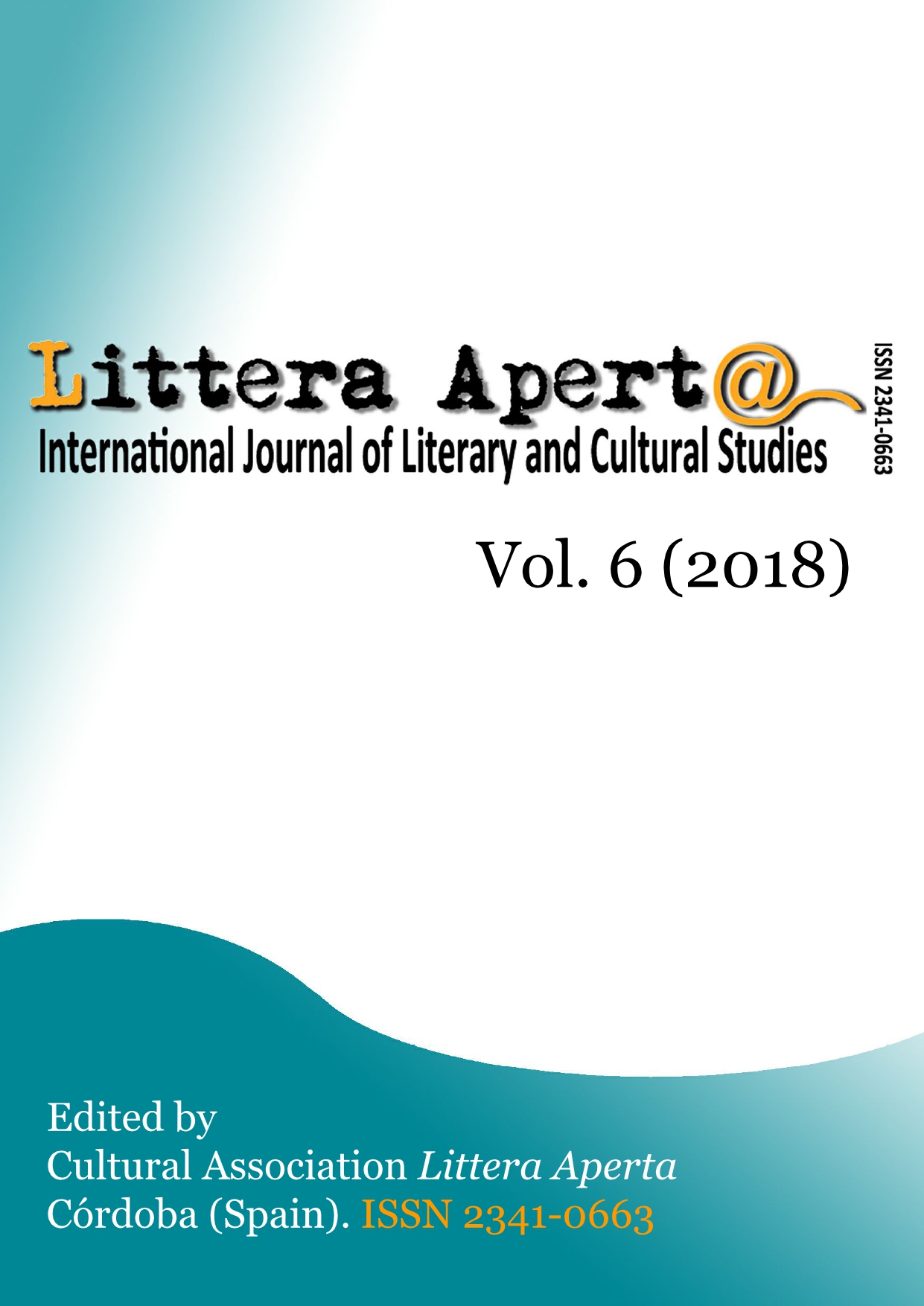El Epicureísmo de Pío Baroja The Epicureanism of Pío Baroja
Main Article Content
Abstract
This article studies the Epicurean affiliation of the Spanish novelist Pío Baroja. In a first section, his pessimistic view of life is examined by tracing this life attitude in his medical Dissertation about the pain. The influence of A. Schopenhauer’s irrationalism and from F. Nietzsche’s nihilism on his dissertation will be studied. Then, the writer’s self-definition, included with the title of “Epicuri de grege porcum” in his biographical essay Juventud, egolatría (1917), will be considered: in this essay, the novelist expresses his personal and intellectual affinity with Epicureanism. A negative review on his first novels, because of his anticlericalism, may have been the main trigger of this Epicurean lifestyle self-assertion. The tradition and reasons for the Horatian expression Epicuri de grege porcum as an unmotivated disqualification of Epicurus and an ironic pun is also examined. Afterwards, some Epicurean principles present in two passages (“La vida de los átomos” and “Las coles del cementerio”) of his first novel, Vidas sombrías (1900), are analyzed. These narrations were probably inspired by Lucretius or by some scholarly and philosophical essays engaged to Materialism. Pío Baroja wrote a sincere and reliable self-portrait of his life ideal.
Downloads
Article Details
Authors who publish with Littera Aperta agree to the following terms:
- Authors retain copyright and grant the journal right of first publication with the work simultaneously licensed under a Creative Commons Attribution 4.0 International License that allows others to share the work with an acknowledgement of the work's authorship and initial publication in this journal.
- Authors are able to enter into separate, additional contractual arrangements for the non-exclusive distribution of the journal's published version of the work (e.g., post it to an institutional repository or publish it in a book), with an acknowledgement of its initial publication in this journal.
- Authors are permitted and encouraged to post their work online (e.g., in institutional repositories or on their website) prior to and during the submission process, as it can lead to productive exchanges, as well as earlier and greater citation of published work (see The Effect of Open Access).
